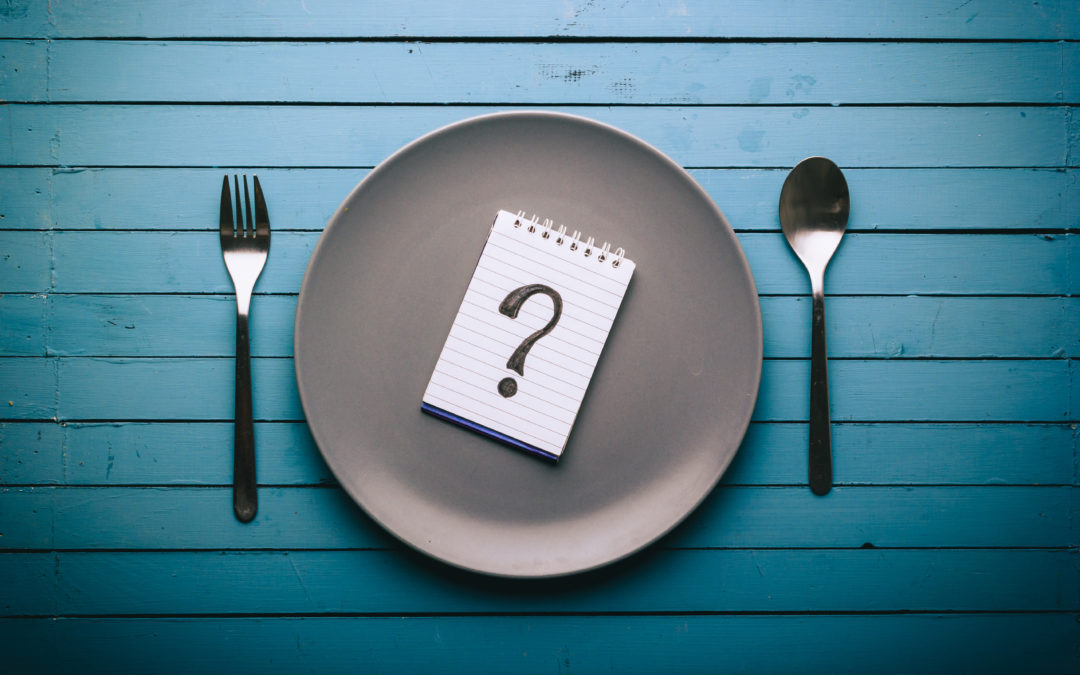Buzzfeed recently released a list of foods that are banned in several places around the world, but still available in the U.S. Check out the list of banned ingredients and see what foods are being used to hide them. Then try some of our tips for avoiding the offending ingredients.
Artificial Food Colorings
Many common snack foods
Companies are required to list Yellow #5 in their ingredient list, but it’s not the only artificial food color that is banned in other countries. Blue #1, Blue #2 and Red #40 may also cause health problems. Today, many companies are removing artificial colors from their products, so a little research should help you find safe alternatives.
Brominated Vegetable Oil
Sports drinks and citrus-flavored sodas
Brominated vegetable oil is used in drinks to prevent the flavoring from separating and floating to the surface. It is banned in over 100 countries world-wide because it contains bromine, which can be toxic. Stick to drinking water and 100 percent fruit and vegetable juices.
Azodicarbonamide
Breads, frozen dinners, packaged baked goods
Though azodicarbonamide is used to bleach flour, it is also used to bleach foamed plastic. Banned in Australia, the United Kingdom and most European countries, Azodicarbonamide can induce asthma attacks. It is best avoided by staying away from pre-packaged meals and baked goods.
Bromated Flour
Many kinds of bread
While bromated flour is great if you need to reduce baking time, it isn‚t so great for your body. The flour, banned in Europe, Canada and China, has been linked to kidney damage, cancer and nervous system damage. Happily, there are many other kinds of flour to use that are not bromated. Bromated flour also depletes your B vitamins.
Olestra
Fat-free potato chips
Olestra was created by Proctor and Gamble as a cooking oil substitute. However, the fat substitute removes your body‚s ability to absorb vitamins. This has led to its ban in the United Kingdom and Canada. If just have to have a salty, crunchy snack, try making your own chips from kale.
BHT and BHA
Cereal, gum, nut mixes
Intended to keep food from going bad, BHT and BHA have been shown to cause cancer in rats. Japan, the United Kingdom and other European countries have banned the preservatives, though no studies have proven their detrimental effects on humans. If you want to avoid BHT and BHA, your best option is purchasing food that is fresh and natural.
rBGH and rBST
Milk and other dairy products
Unless otherwise noted, most nonorganic dairy products will have some amount of rBGH and/or rBST. Both can impact human and bovine health and have been banned in Australia, New Zealand, Canada, Japan and the European Union. If you‚re a dairy product consumer, you can find many organic brands that do not contain the growth hormones.
Arsenic
Poultry
Though a known poison, arsenic was used in some chicken feed to make the meat appear fresher. The National Chicken Council says that chickens raised for meat are no longer given feed additives containing arsenic, but that didn’t stop the European Union from putting a ban on it. If you eat meat, make sure you know where your poultry is coming from and how it is raised.
Farmed Salmon
Consumption of salmon is having all the amazing health benefits of those omega-3 fatty acids. However, you need to consider if you are buying wild caught or farm-raised. Farmed salmon are raised on an unnatural diet of grains, antibiotics, and other drugs, leaving fish with grey flesh which is then pinked with synthetic astaxanthin made from petrochemicals.
Rectopamine
Tainted Meat
The beta agonist drug Rectopamine (a repartitioning agent that increases protein synthesis) was recruited for livestock use when researchers found that the drug, used in asthma, made mice more muscular. This reduces overall fat content of the meat. Rectopamine is currently used in 45% of US pigs, 30% of ration-fed cattle, and an unknown percentage of turkeys. Up to 20% of Rectopamine remains in the meat you buy from supermarket. Rectopamine in linked to reductions in reproductive function, increase of mastitis in dairy herds, and increased death and disability. It also affects human cardiovascular system and its hyperactivity may cause chromosomal abnormalities and behavior changes. 160 countries across Europe, Russia, mainland China and Republic of China has banned Rectopamine. At present US does not even test for the presence of this drug in meats sold.
Diphenylamine (DPA)
Apples, apple juice, applesauce, pears, and baby food
The European Food Safety Authority banned DPA which is a chemical responsible to protect the fruit from blackening or browning during long months in storage. DPA is what lets us buy apples any time of the year even though they are harvested in fall. DPA can form nitrosamines, which are carcinogenic.
For further reading:
http://www.care2.com/greenliving/8-banned-foods-you-can-still-find-in-the-u-s.html#ixzz2XuLFQjGd
https://www.delish.com/food/g3654/toxic-american-foods-that-have-been-banned-around-the-world/
https://articles.mercola.com/sites/articles/archive/2013/07/10/banned-foods.aspx
https://www.shape.com/blogs/shape-your-life/13-banned-foods-still-allowed-us

